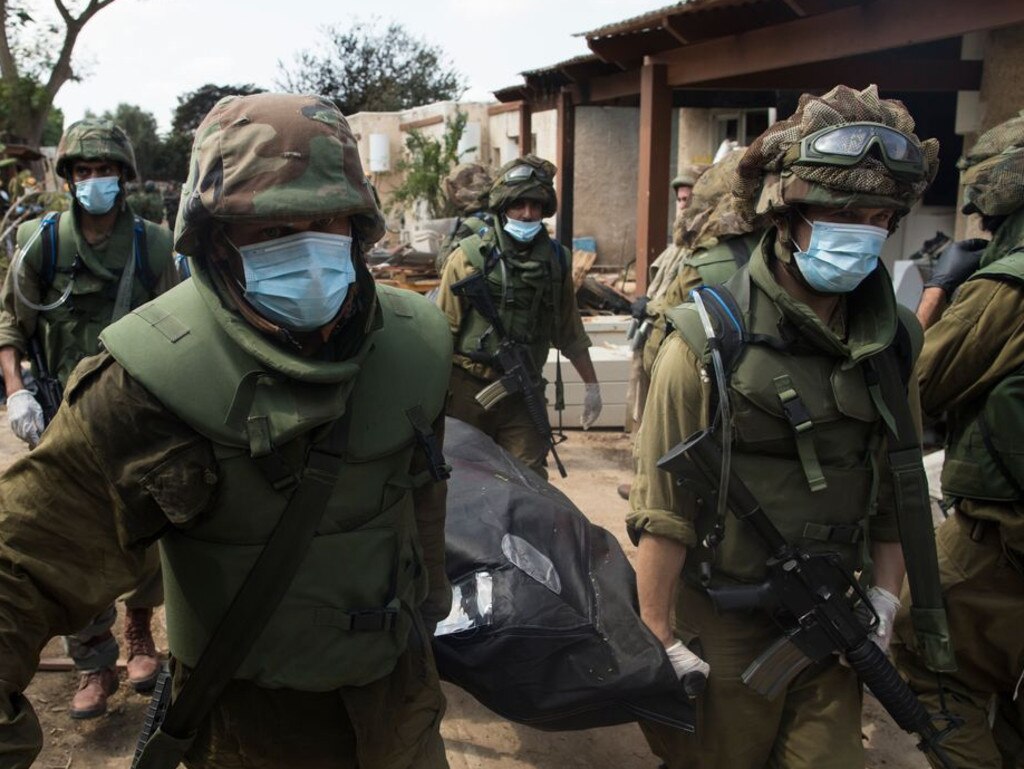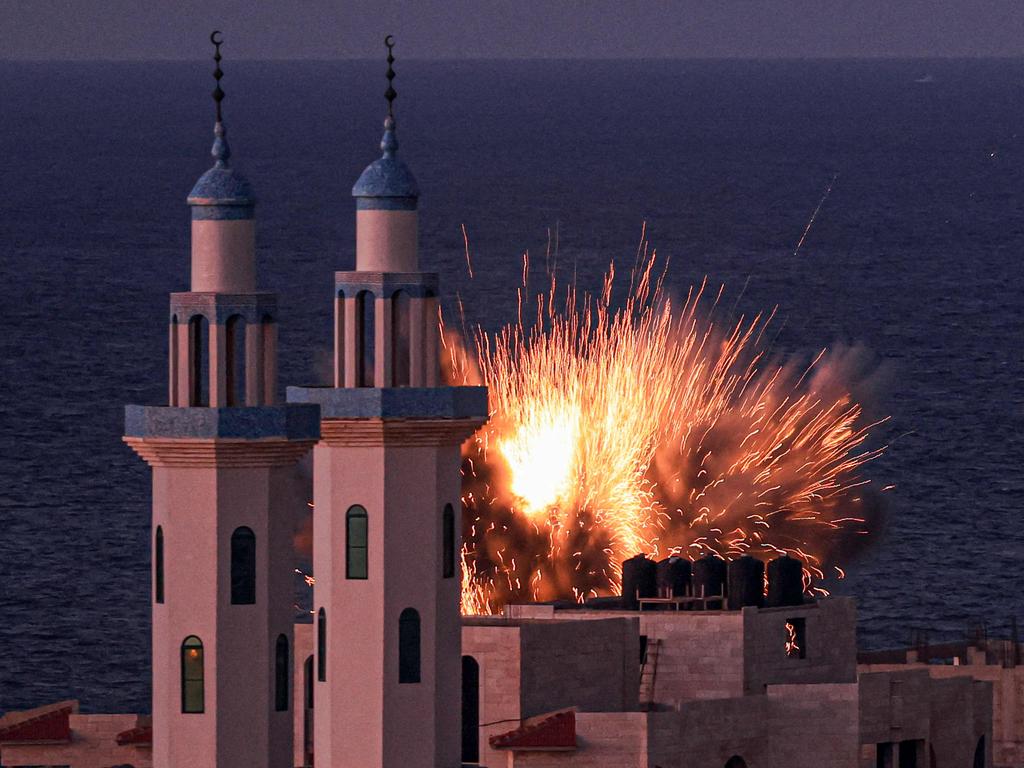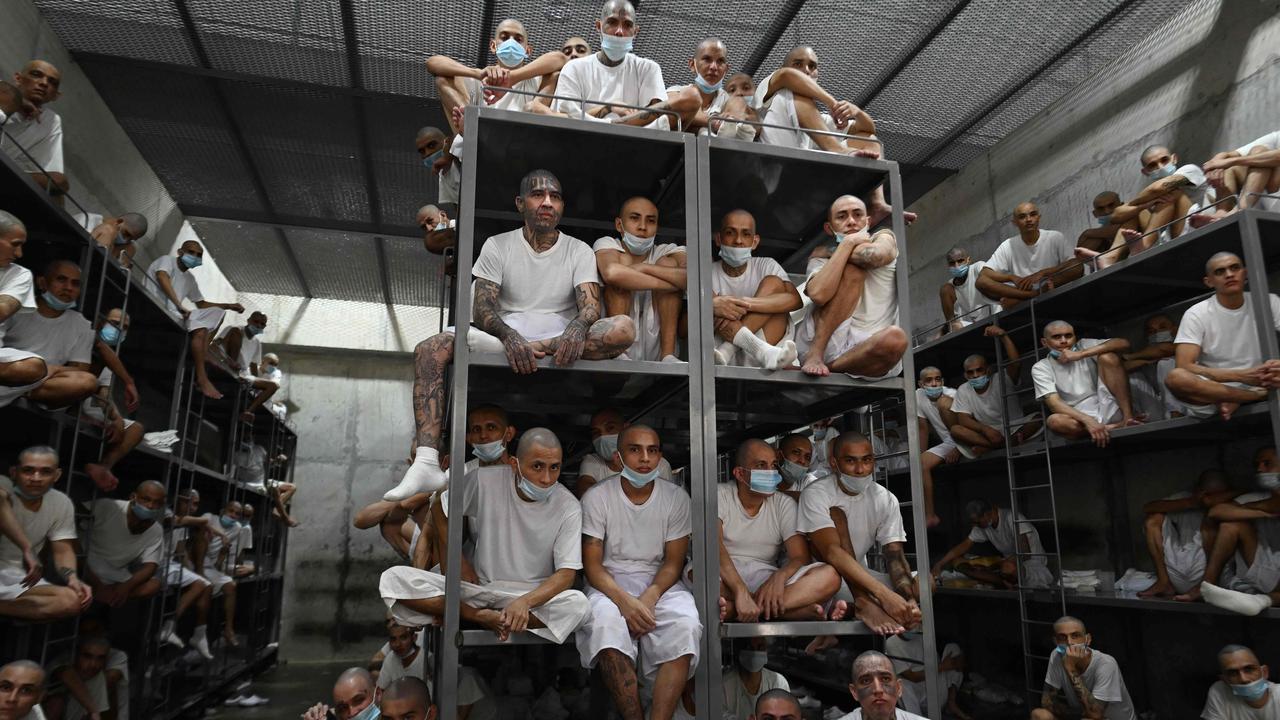Secretive Hamas Commander Known as ‘The Guest’ Is Israel’s Prime Target
Israel has tried to assassinate Mohammed Deif – known as ‘The Guest’ – several times, but the commander of Hamas’s armed wing has proven to be an elusive foe.
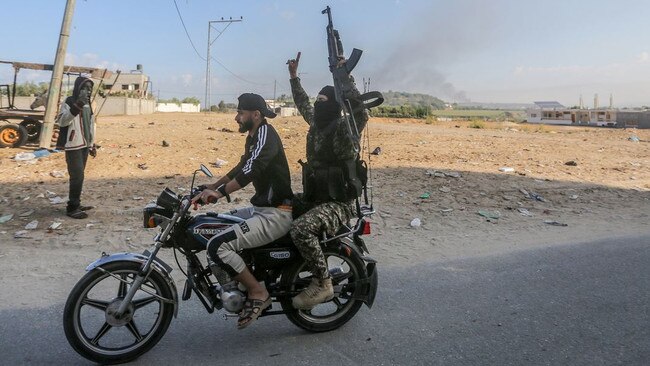
Over the past two decades, Israel has tried to assassinate Mohammed Deif several times, maiming him in attacks and killing his wife and baby son. The commander of the armed wing of Hamas on Saturday inflicted in return one of the deadliest-ever Palestinian blows on Israel.
The brutality of the attacks by the Izz ad-Din al-Qassam Brigades, directed by Deif, have shocked even hardened Israelis. Militants mowed down revellers at a music festival, murdered entire communities of people on the Gaza border and kidnapped children and the elderly.
The assaults show how Qassam under Deif has changed from an insurgent militia into a capable fighting force, one that could prove formidable for an Israeli military contemplating a ground invasion of the Gaza Strip.
Qassam is now threatening to execute prisoners unless the Israeli military gives civilians a warning before they strike, posing a wrenching moral dilemma for Israel over how aggressively to respond.
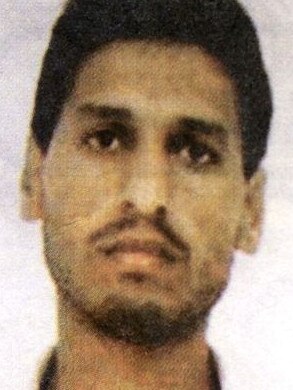
There is little doubt, though, that Deif is now in the crosshairs of the Israelis. On Wednesday, Israeli air strikes hit the home of one of his family members, killing his brother and his brother’s wife and children, according to Palestinian media reports and people in Gaza. A spokesman for Hamas didn’t respond to a request for comment on the deaths.
“In the end, we will get not only him, but the entire” leadership of Hamas, Yossi Kuperwasser, former head of research at Israel’s military intelligence agency, said of Deif.
“In the long run, his calculation was wrong. He showed how savage he is.”
Among Palestinians, the secretive Qassam commander has become an almost mythical persona in his fight against Israel. Few people inside Hamas have even met Deif, who has remained in the shadows over the past two decades, fearful of Israeli bombs and bullets.
His tendency to move between homes to evade Israeli assassinations has earned him numerous nicknames. His real name isn’t believed to be Deif, which in Arabic means “guest” in reference to his nomadic lifestyle, but Mohammed al-Masri, according to the US government, which designates him a terrorist.
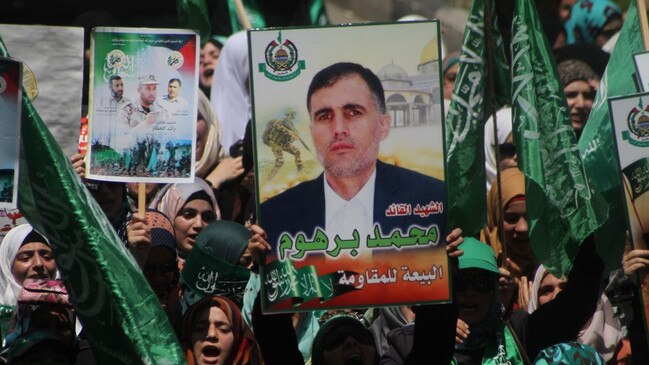
“Deif is a ghost,” said Mkhaimar Abusada, a political scientist at Gaza’s Al-Azhar University. “He’s the commander of Al Qassam but we don’t really know who he is, and he’s the one who launched this whole operation.”
A spokesman for Hamas, Ghazi Hamad, declined to comment on the Qassam commander, saying only that “everyone now respects Mohammed Deif for his leadership of the recent assault.”
As fighters flooded through gaps in Israel’s security fence on Saturday, Arab media broadcast a silhouette of what was supposedly Deif sitting down in an office and issuing a recorded message.
Qassam had launched the operation, Deif said, so the “enemy understands that the time for him to revel without accountability has ended.”
Born in Khan Yunis, a city in the southern Gaza Strip, between 1963 and 1965, according to the US government, Deif was one of the early members of the militant wing of Hamas, which emerged in the 1980s as an offshoot of the Egyptian political movement Muslim Brotherhood. The brigade is named for Izz ad-Din al-Qassam, a Syrian-born Muslim preacher who fought French and British colonial rule at the start of the last century and later against the establishment of a home for Jews in Palestine, dying at the hands of British forces in 1935.
According to Israel, Deif was the protégé of Yahya Ayyash, an explosives expert known as the Engineer, who taught Deif the art of explosives. Israel later blamed Deif for participating in a series of bombs on buses in the 1990s that killed dozens and marred the Israeli-Palestinian peace process known as the Oslo Accords.

In the early 2000s, he became commander of Hamas’s armed wing after Israel assassinated Qassam’s leader.
In 2002, Israeli security forces initially believed they had killed Deif when two army helicopters fired missiles on his Mercedes sedan in Gaza, but they later conceded he had survived and may have lost an eye. Four years later, an Israeli F-16 jet bombed a house in the north of Gaza City where Deif was located, killing nine members of a family, media reported at the time. He survived, but was again widely believed to have been badly wounded.
While the Israeli military tried to assassinate the Qassam commander, Deif sought to improve his militia’s capabilities, according to military analysts.
The Israeli military says he focused on the design of the homemade Qassam rocket, which later was repeatedly fired on Israeli cities. Israel launched a three-week ground invasion of Gaza in 2008 to stop indiscriminate rocket fire and encountered poorly trained fighters who for the most part melted away.
By 2014, however, when Israel mounted another operation inside the strip, Israeli forces encountered a more capable adversary under Deif. This time, Hamas surprised Israeli soldiers by using a network of tunnels under the walls and fences enclosing the Gaza Strip to emerge inside Israel.
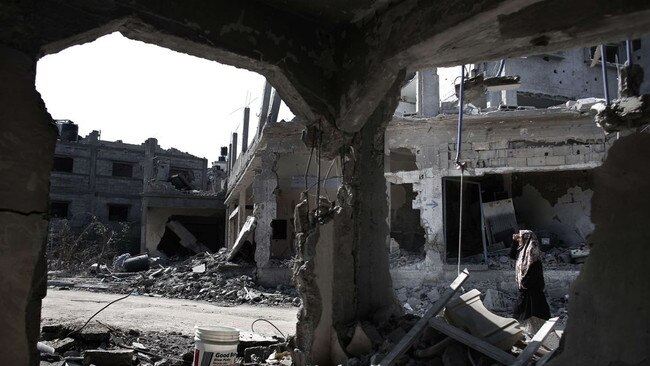
Commando units that Israel believed Hamas had created only in the previous year carried out complex ambushes inside and outside Gaza. Hamas’s internal communications proved more difficult for Israel to track, and Qassam appeared to be able to better gauge Israeli troop movements.
As a weeklong truce in that conflict collapsed, Israel again tried to assassinate Deif, instead killing his wife and 7-month-old son in air strikes. At the public funeral, the crowd waved Hamas flags and called for revenge.
But Deif largely lay low until two years ago when he emerged from the shadows with a broadcast message to weigh in on a dispute over Palestinian homes in Jerusalem. Hamas fired rockets from Gaza and helped spark an 11-day conflict that shook Israel from within.
Dina Lisnyansky, a lecturer at Israel’s Reichman University, said Deif’s influence over the wider Hamas political movement is unclear, given Israel’s repeated assassination attempts that have left him maimed. But the group is attempting to mythologise the commander via the broadcast messages that reach Palestinians across Gaza and the West Bank.
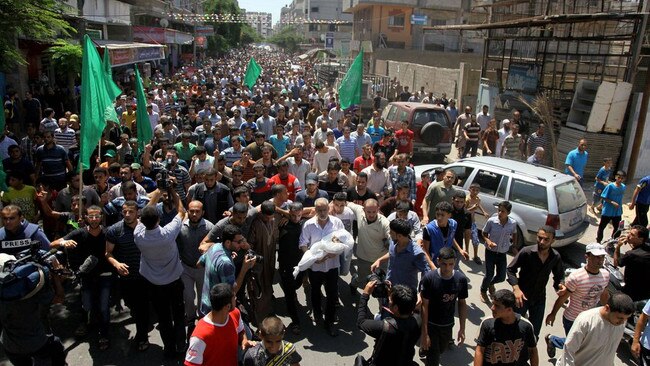
“We don’t even know how alive he is,” she said. But “it’s important to maintain him as a symbol.” Qassam also learned two things from previous conflicts with Israel, said Michael Milshtein, a former intelligence officer for Palestinian affairs in the Israeli army who is now at Tel Aviv University. The first was that it should be the one to start the next conflict, and it should fight inside Israeli territory, rather than Gaza, to establish a Palestinian state.
But, Milshtein added, Deif may have miscalculated by killing so many civilians and will now face the force of Israel’s response.
Ahmed Yousef, a former adviser to the head of the political bureau of Hamas, said Deif had “asked the people to fight for their dignity and country” after many Palestinians had tried a nonviolent approach.
“This is the only language the Israelis can understand,” he said.
– Fatima Abdulkarim and Anas Baba contributed to this article.
The Wall Street Journal


